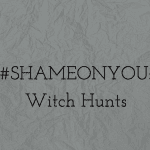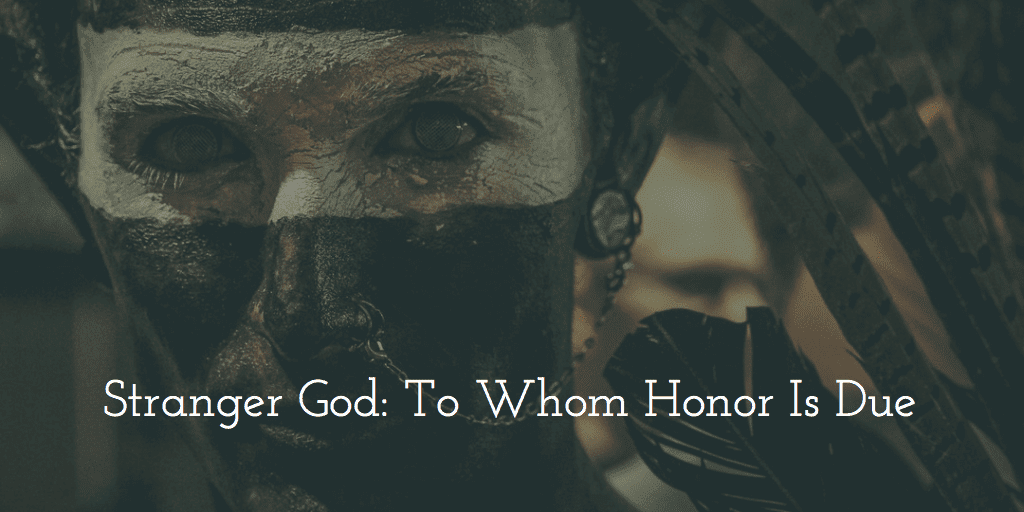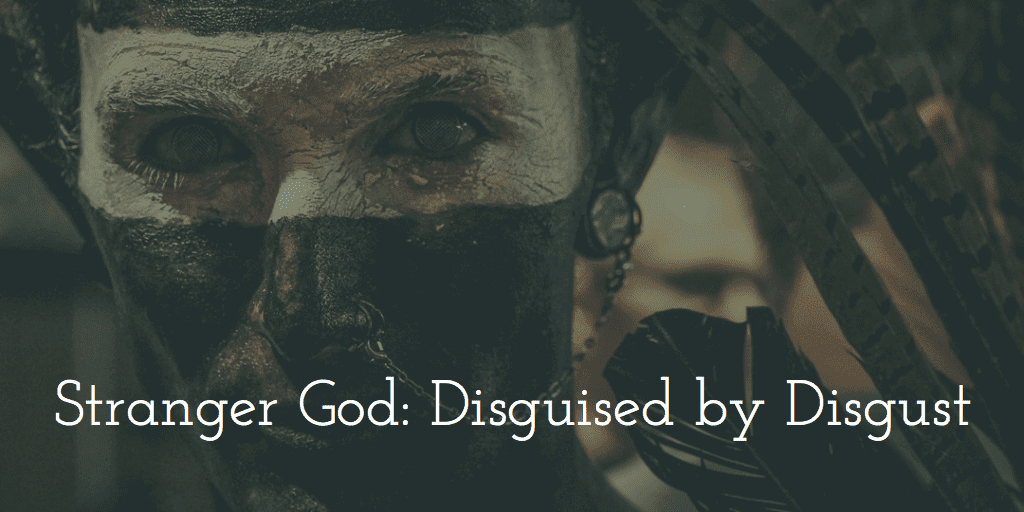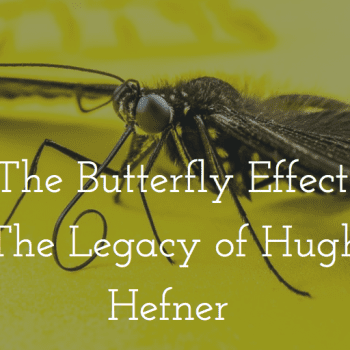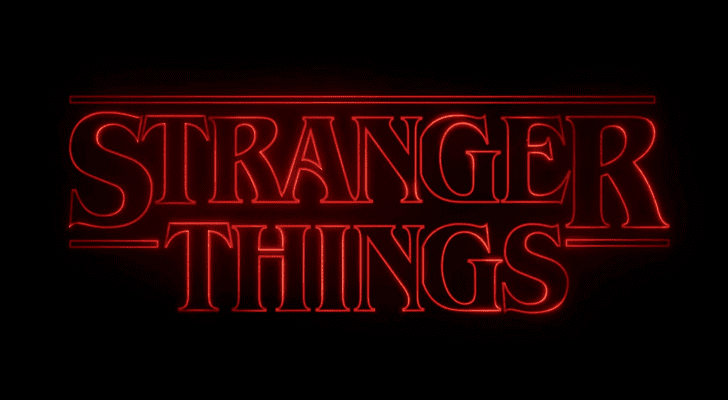 Since I started this series on Netflix binge-worthy series “Stranger Things” I’ve had several friends send me links to other places on the web where people have attempted to do similar things with this series.
Since I started this series on Netflix binge-worthy series “Stranger Things” I’ve had several friends send me links to other places on the web where people have attempted to do similar things with this series.
Sometimes it’s been people pointing out the reviews on the Soundtrack or that Times article on the Nostalgia of ST, and sometimes it’s links to other Christians writing about the Gospel According to Stranger Things the way they see it.
I’ll divide these links into a couple of different sub-categories. (You know, in case the Christian subculture sites reviewing Netflix shows isn’t quite specific enough)
Half of these or written from an enchanted world, and the other half is writing from an evangelistic one.
Christian Kitsch
The evangelistic ones tend to have a smaller view (in my opinion) on both the story of Stranger Things and what the Christian story is trying to do. And their connections are thinner.
So it’s articles about how the symbology of ST is similar to the Gospel, examples like the young female protagonist/hero Eleven is nicknamed “El” the Hebrew word for God. And that she offers her life sacrificially to save her friends like Jesus did.
Or, and I’m not kidding here, that in the final scene the Sheriff leaves an Eggo in a box that looks like the Tabernacle in Catholic churches were they keep the Eucharist that has been consecrated.
The Babylon Bee has parodied this take on both Stranger Things and the Gospel by sharing other ways that Stranger things is a metaphor for the Christian story. With such breathtaking insights as:
- The four boys represent the Trinity
- The Monster represents Rob Bell
- The Theme song is a nod to Steven Curtis Chapman
I bring all this up not to bash the people who are writing these comparisons, but to illustrate the lack of Christian imagination in engaging the very stories that we are immersed in these days.
When I was growing up, whenever I would walk into a Family Christian bookstore, there was always a poster that functioned as a comparison chart for all the parents concerned about what kind of music their kids were listening to.
So, it would say, if they liked GreenDay they would “love” Audio Adrenaline and if they liked Smashing Pumpkins they would like D.C. Talk, and if they liked Dr. Dre…they would not be going to Heaven.
It was for all intents and purposes a very formulaic attempt at translation and behavior modification. Your teens like X. X sounds like Y, so just give them Y instead and you won’t have all that disrespectful attitude and profanity.
But buried in these assumptions was a lack of understanding of what music did, where it came from, and what it was for. It was seen as just some kind of carrier for a message and not as an integrated piece of art that was made for a purpose (not that a lot of the music I listened to back then was that noble).
This is why so much of the Christian art these days is viewed as kitschy or as propaganda pieces. We developed a reputation for not taking seriously the medium we were trafficking in.
The Story Behind The Story
However, there are other Christians reviewing Stranger Things that aren’t trying to shove it into a pre-concieved message about Jesus dying for the sins of the world. These people take the storytellers and their story seriously, and they still see God everywhere in it.
This is what I’m arguing for, it’s more an enchanted world model of viewing stories.
It’s not that the magic is in the story, it’s that the magic is already in the world, and sometimes stories can function as ways of helping us wake up.
So I just finished reading all the Harry Potter books to my kids, and at the end of it I told them “There really is magic in the world, and the strongest enchantment that is out there right now is that there is no magic.”
I believe that whole-heartedly and have some fairly convincing arguments (at least to me) for why. The problem with living in an enchanted world is that it’s so difficult to stay awake.
The problem comes when the routine of life kicks in, and we have no regular disciplines to remind us of the larger story that we are actually in than we are prey to numb kind of consumerism. Consumerism is after all, a way of viewing yourself in a story, in which your aim in life is to get the next thing Apple comes out with or wear the right things to fit in with the right people, and talk about the right products in such a way that will help you fit in.
Netflix is a business. Stranger Things is a product. And by all accounts it did very well in this regard.
And there is a way to watch Netflix that just reinforces consumerism as the master story of life. After all, after watching ST I found my tribe of people on social media, talked with people around the office about it, struck up conversations with strangers about it, and signaled that I was with them.
But eventually, Netflix is going to put out season 2, and God forbid, it might not be as great.
Eventually Netflix, the greedy corporates suits that they are, will discover a new way to tap into our passions for $10 a month and another show will go on, and we’ll eventually feel left out and behind during the chat at the water cooler.
And we will just rush on to the next thing hoping to find again our ever changing tribe.
But what if you could see ST not as an 8 hour way of escaping the world and the boring story consumerism gives you, but as a way of glimpses the world behind the world.
A world that really does exist and always has, and which is found by going deeper into the life you actually have.
All Of Life is Religious
It’s been said that the Devil has no stories. And what that means is that all the stories that humans tell themselves are an echo of the one God has placed in us.
The Professor of Philosophy David Dark says that all of life is worship and that he wishes we were able to recognize that the calls to worship really are everywhere.
This need be neither buzzkill nor bummer. On the contrary, it’s an invitation to be more present to my own life, to access and examine more deeply what I’m up to. It also levels the playing field more than a little, because suddenly a Muslin going to prayers isn’t more or less religious than a grown man with a big piece of pretend cheese on his head going to watch a Green Bay Packers game. Is it good religion? Bad religion? True? False? Idolatrous? Righteous? Opinions will vary. But to hit pause long enough to consider the content of our devotion, our lives and our investments is to begin to see the question clearly. What are my controlling stories? Do I like the stories my one life tells? Do I need to see about changing them?
Every day we are being called to worship in a thousand different and subtle ways.
And we want to find the ones worth worshipping. We are, in the words of David Foster Wallace, “dying to give ourselves away to something.”
That’s why Stranger Things tugged on us in unexpected ways, and why it’s important to pay attention to what it did to our heart and why we wanted it to be true.
And all this may sound odd, but c’mon at least admit to yourself, you’ve believed Stranger Things.


